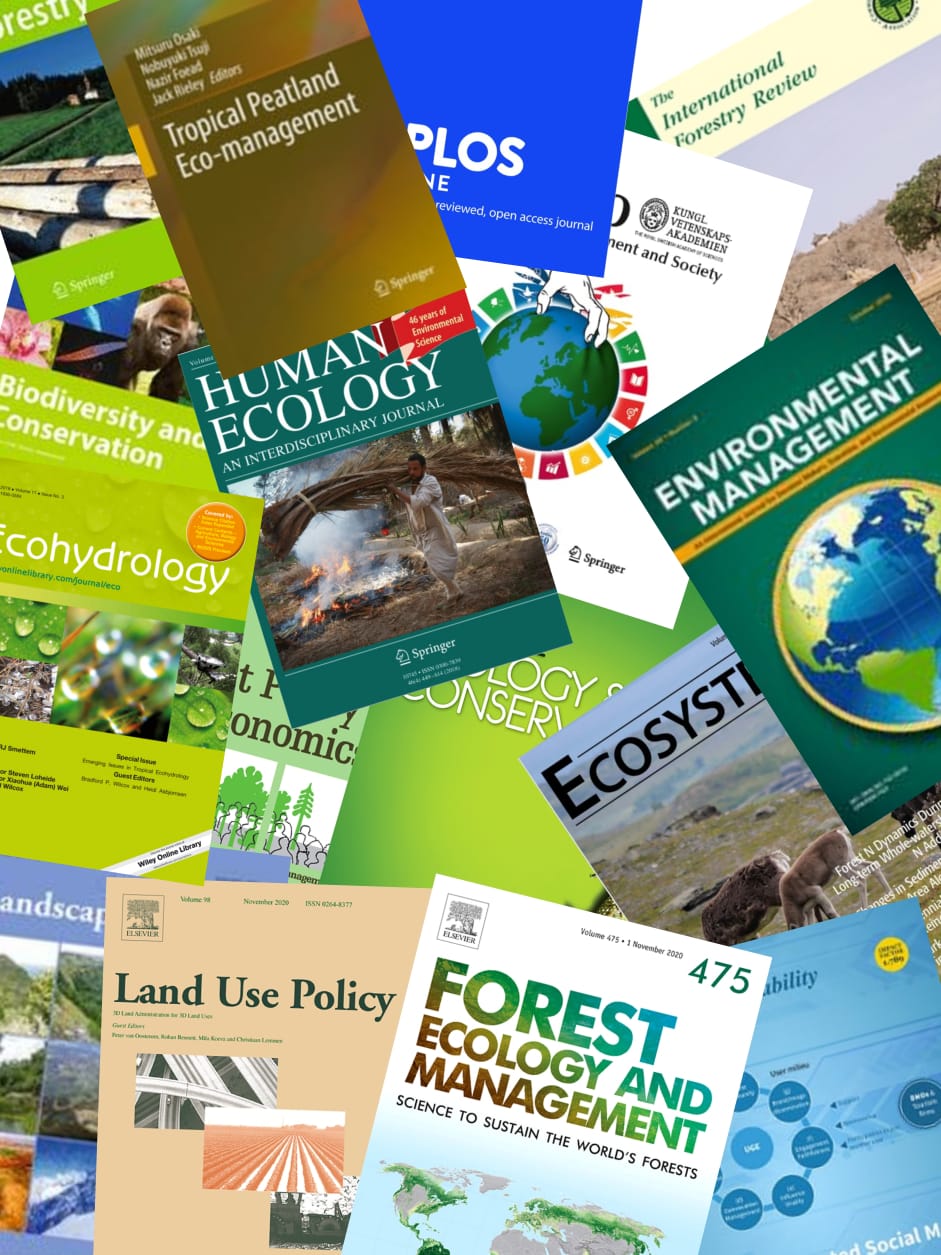As a method for sustainable agriculture, biofertilizers containing plant growth-promoting bacteria (PGPB) have been recommended as an alternative to chemical fertilizers. However, the short shelf-life of inoculants remains a limiting factor in the development of biofertilizer technology. The present study aimed to (i) evaluate the effectiveness of four different carriers (perlite, vermiculite, diatomite and coconut coir dust) on the shelf-life of S2-4a1 and R2-3b1 isolates over 60 days after inoculation and (ii) evaluate isolated bacteria as growth-promoting agents for coffee seedlings.Methods. The rhizosphere soil-isolated S2-4a1 and plant-tissue-isolated R2-3b1 were chosen based on their P and K-solubilizing capacities and their ability to produce IAA. To evaluate the alternative carriers, two selected isolates were inoculated with the four different carriers and incubated at 25 & DEG;C for 60 days. The bacterial survival, pH, and EC in each carrier were investigated. In addition, coconut coir dust inoculated with the selected isolates was applied to the soil in pots planted with coffee (Coffea arabica). At 90 days following application, variables such as biomass and total N, P, K, Ca, and Mg uptakes of coffee seedlings were examined.Results. The results showed that after 60 days of inoculation at 25 & DEG;C, the population of S2-4a1 and R2-3b1 in coconut coir dust carriers was 1.3 and 2.15 x 108 CFU g-1, respectively. However, there were no significant differences among carriers (P > 0.05). The results of the present study suggested that coconut coir dust can be used as an alternative carrier for S2-4a1 and R2-3b1 isolates. The significant differences in pH and EC were observed by different carriers (P < 0.01) after inoculation with both bacterial isolates. However, pH and EC declined significantly only with coconut coir dust during the incubation period. In addition, coconut coir dust-based bioformulations of both S2 -4a1 and R2-3b1 enhanced plant growth and nutrient uptake (P, K, Ca, Mg), providing evidence that isolated bacteria possess additional growth-promoting properties.
View source

